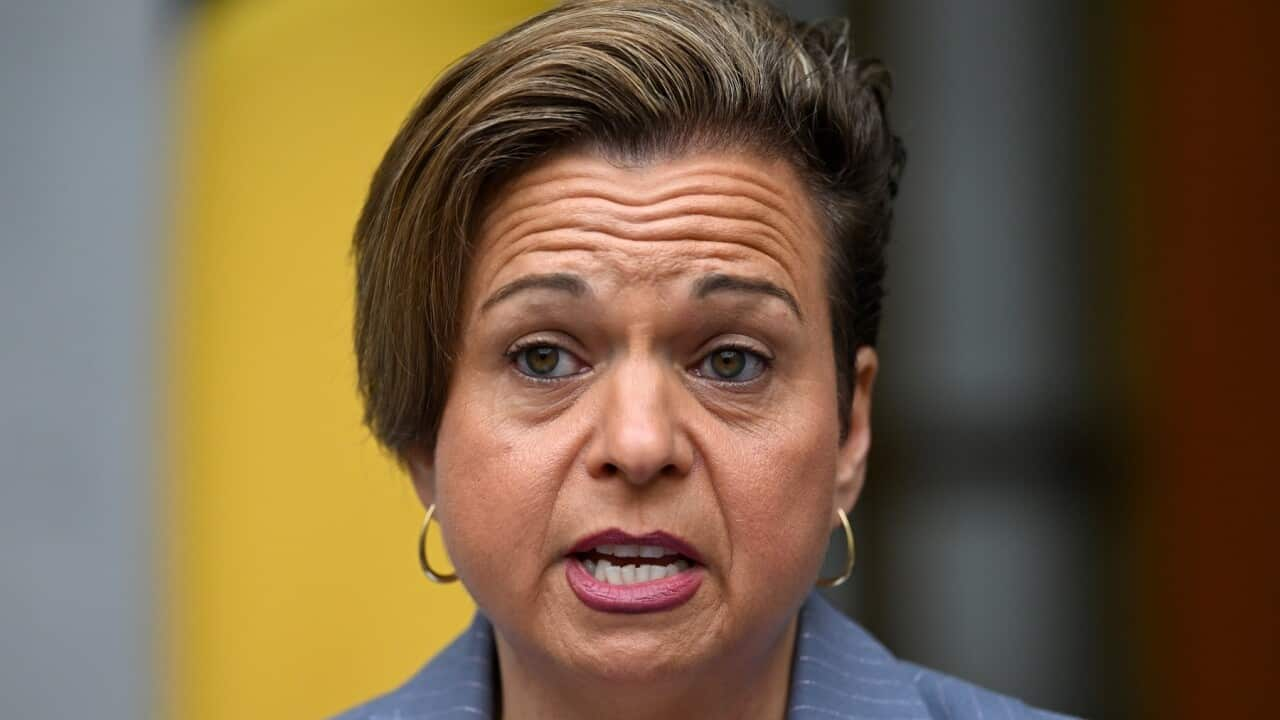TRANSCRIPT
The Federal Government has announced its plans to force social media and search platforms to pay for Australian news content.
This comes as they are in the midst of updating the News Media Bargaining Code, which was established in 2021.
Digital platforms will be required to pay a charge that can be offset if they strike payment agreements with news organisations for content.
Michelle Rowland is the Communications Minister.
"By establishing the News Media Bargaining Incentive, the government is ensuring that large digital platforms are incentivised to either review or enter into commercial deals to remunerate Australian media news organisations."
She says it is important that digital platforms pay their fair share and that they support access to quality journalism.
"The aim of the incentive is not to raise funds but to encourage commercial deals. Right now the code does not provide the right incentive for some platforms to do deals and we are working to get the incentive right. And we need to get the parties back to the table to make that happen."
Established in 2021, the code had earlier forced some tech companies to negotiate payments or they would have to face fines up to 10 per cent of their Australian revenue.
For three years, Meta and Google entered multimillion-dollar voluntary commercial agreements.
Google has said they are happy to update the agreements, but Meta announced in May that they would not comply and will stop paying for Australian news altogether from next year.
The company have already withdrawn their news content in Canada.
News Media bargaining code report author Bill Grueskin, says Meta is trying to escape the responsibilities of providing news content.
"I think there is a very good chance that Facebook will do to Australian news organisations what they did to news organisations in Canada. That they would just call news off, and I would say they are not just hurting news organisations when they are doing that, they are hurting the citizens."
He says Meta believes news isn't as important to their users as other forms of content.
"Facebook insists that news is not important to their users. Again - whether that's true or not I can't really tell you, but they have done everything they can to minimise news. They've done everything they can to ignore everything the major problems going on in the news business and I think it'll be very interesting to see how Australia's new effort to extract money from Facebook is going to fare."
Dr Sora Park is a Communications Professor at the University of Canberra.
She says social media platforms don't often understand the value of news.
"Social media companies may not think news is important to them because they have plenty of other content that people consume, but for consumers news is incredibly important even though it might not be the major thing they see on social media, it's a very important element of why they are on social media. So, I don't think social media companies can ignore that."
The government's new bargaining incentive means major digital platforms will be charged regardless of whether they provide news or not.
A spokesperson for Meta says the proposal fails to account for the realities of how these platforms work, specifically that most people don't access them for news content.
But the 2024 Australian Digital News Report suggests that while news features less on social media, it is increasingly where consumers go to get it.
Karen Percy is from the Media Entertainment and Arts Alliance.
"It's absolutely critical that verified, quality public interest journalism is on those social media accounts. We know that Australians go to social media to get their news, and if it's only disinformation, if it's only lies, if it's only propaganda, and there is no news that is verified in quality and ethical, then it's a real problem all round."
The government is expected to consult with stakeholders on the final design of the scheme.
This - as charges on platforms are expected to be established by January 2025.













